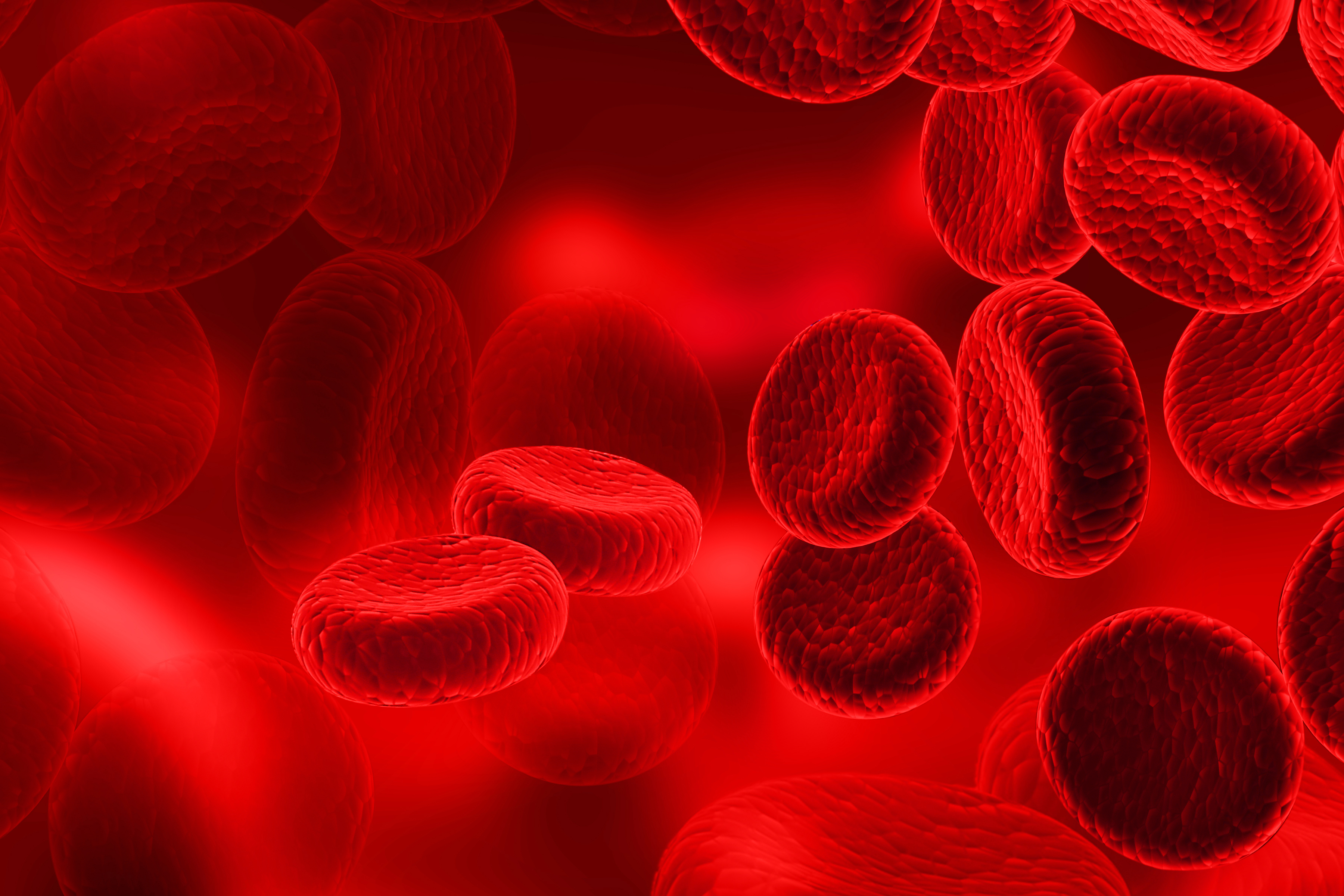Anticoagulant Seen to Improve Survival in Lung Fibrosis Patients During Flares
Written by |

Adding Recomodulin (thrombomodulin) to the standard treatment given for an acute exacerbation of lung fibrosis more than doubled patients’ chances to survive, according to new research from Chiba University in Japan.
The study, “Efficacy of Recomodulin for acute exacerbation of IPF and nonspecific interstitial pneumonia: a nonrandomized prospective study,” was published in the journal Drug Design, Development and Therapy.
Acute exacerbations are an often fatal complication of lung fibrosis, carrying mortality rates as high as 67 percent at three months. Patients with nonspecific interstitial pneumonia, a more rare condition, face especially grim statistics if they experience an acute flare.
Recomodulin — an anticoagulant drug approved in Japan — is essentially one of the body’s own anti-clotting factors called thrombomodulin. Japanese scientists at Asahi Kasei harnessed the power of the factor, which also has anti-inflammatory properties, by engineering cells that could produce the factor in the lab.
Although the drug has been approved since 2008, researchers have only recently started exploring its potential in lung fibrosis conditions.
Researchers enrolled 22 patients with an acute exacerbation of their lung condition. Among them, 16 were diagnosed with idiopathic pulmonary fibrosis (IPF) and six with nonspecific interstitial pneumonia. The exacerbations were not caused by infection, and researchers also ruled out that other reasons, such as heart failure, blood clots in the lungs, or other types of lung injury, were causing the worsening disease state.
In addition to standard treatment with corticosteroids, immunosuppressants, and oxygen treatment, half of the patients received Recomodulin. When compared at 90 days after treatment start, 36 percent of those treated with Recomodulin had died, compared with 90 percent in the standard treatment group. Patients in the control group survived for a median of 14 days.
Additional analyses, including a multitude of measurements, confirmed that other factors did not impact survival, confirming that it was the Recomodulin treatment that improved survival chances for patients.
No serious side effects were linked to the treatment, although one patient died from drug-induced toxicity likely caused by interactions with the other drugs the patient was receiving.
The team concluded that the administration of Recomodulin is associated with a reduction in mortality in patients with acute exacerbations of IPF and nonspecific interstitial pneumonia. However, the effect of Recomodulin needs to be confirmed in a large, randomized clinical trial following patients over time.






